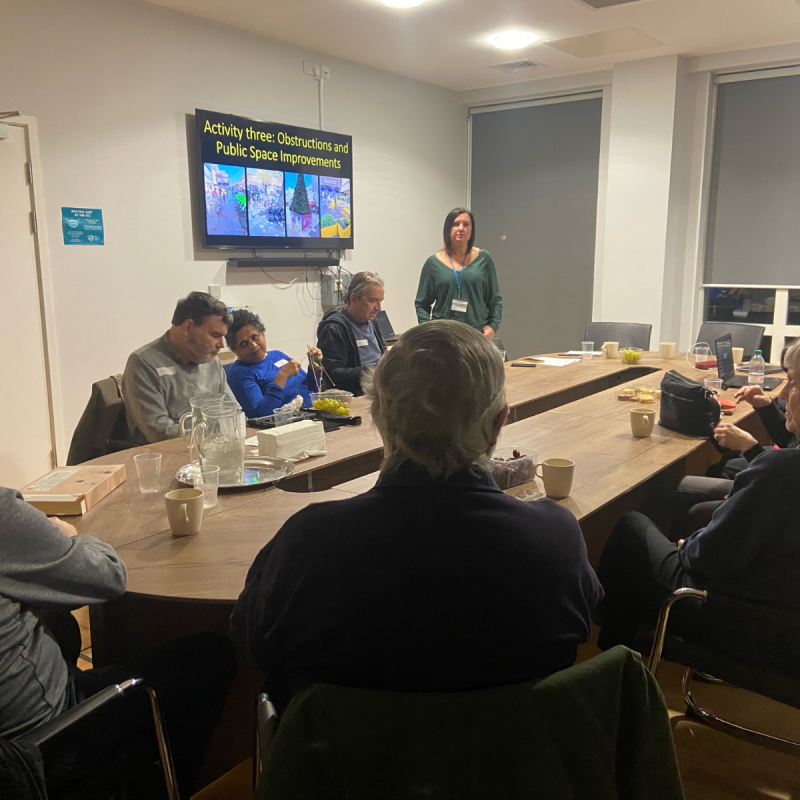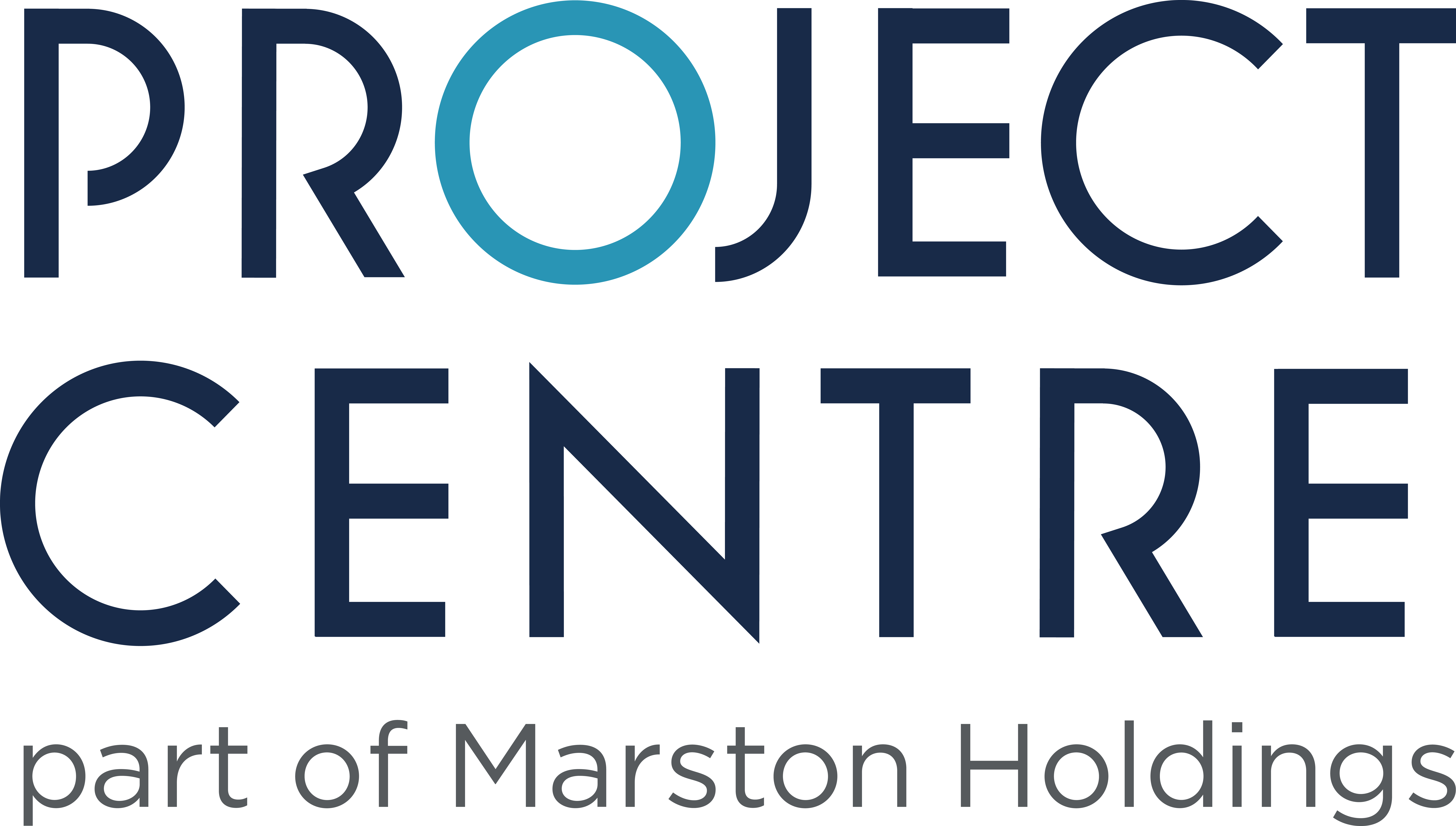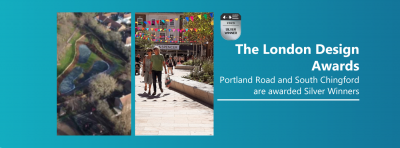The Greater London Authority (GLA) finalised a report on best practices in delivering consultation and engagement strategies, setting up a principles statement to follow for creating real behaviour change.
Hearing everyone’s voices and developing clear, transparent and accessible consultations are keys to delivering successful projects that aim to reshape London.
The GLA report gathered views from several industry organisations, such as Transport for London, the Park Royal Development Corporation, the Consultation Institute and Listen to Locals, as well as from our colleagues at Project Centre.
Experts’ data and key findings
The GLA held two formal meetings in City Hall. Our Regional Director, Chris Harrison, and our Head of Communications and Engagement, Steph Bortoli, attended both meetings sharing views with like-minded industry experts on the challenges, best practices and opportunities of consulting communities.
“Consulting on a project is likely to result in better outcomes, as it means it is informed by richer evidence, insight and views of the people affected by it. Consulting also offers organisations an opportunity to build relationships with stakeholders and increase trust and engagement. If an organisation doesn’t consult on an issue, it would have been expected to consult on, this carries a risk of eroding public trust, delivering poorly informed and ineffective work, and being challenged in the courts via juridical review.”
The above quote comes from one of the first key findings in the GLA report. It sets roots for important conversations on why consulting matters and the many benefits it can bring to the public realm’s redevelopment designs.
Consultaton standards
As stated in the GLA report, it is essential that:
- Consultations demonstrate integrity
- Consultations are held right on time
- Consulters are genuinely prepared to listen to everyone’s voices and act on consultation responses
Valuing integrity in consultation
Communities can spot and value when communications are open and trustworthy. It is best practice for consultations to publish methodologies for data collection and analysis, as well as timely results and GDPR, to ensure transparency and demonstrate the responses’ value.
Stephanie Bortoli, our Head of Communications and Engagement, highlighted that:
“The overall reputation of an organisation impacts the level of trust that the public has in its consultations.” A strong record of successful engagement strategies can help increase public trust and credibility.
Inspiring communities’ sense of belonging through timely consultations
Communities should be consulted before the detailed design phase, ensuring consultants and stakeholders are aware of their needs and concerns. This can save costs and time as well as negative public repercussions after the schemes’ implementation.
“Too many consultations happen too late when really all you just want to do is check that you have it right and then tell everyone that you have after you have ignored their responses,” commented Mike Bartham, Fellow, Consultation Institute.
In 2021 Stanford psychological scientists, Priyanka B. Carr and Gregory M. Walton conducted five studies on participatory psychology and concluded that even subtle suggestions of being an active part of a team increase people’s motivation and enjoyment.
“People are more likely to belong in a city they have helped shape and support.” – Trust for London.
As we read these findings, it shouldn’t come as a surprise that involving the community early and keeping them engaged throughout the entire project cycle is essential. It helps make people feel included in the decision-making process, inspiring a sense of belonging and ultimately increasing the public spaces’ usage.
Listening to everyone’s voices
The GLA report states that: “There can be barriers to people responding, and there need to be multiple avenues for consultees to respond.”
London is a highly populated city, with everyone bringing unique characteristics and needs in the space they occupy. Face-to-face consultation can be a barrier for individuals with disabilities or neurodivergence as well as digital tools can be challenging for elderly or vulnerable users. Planning exercises before starting consultations can challenge these barriers, setting up demographic maps and ensuring the outreach of a wide range of groups.
We want to transform the public realm into a space for everyone, and that is why connecting with as many local voices as possible through accessible and inclusive tools should be a standard for consultation strategies. Our team’s work to hear the whole community’s voices in Montague Place pioneered some of our standard consultation strategies, which include posters, webinars, community cafes and walkabouts, as well as neutral language and translated digital and printed Q&As and surveys.

We also work closely with external stakeholders, communities and charity groups, building up relationships to open on delicate topics and address minority issues.
The challenges of failing consultation and how to transform it into effective strategies
We have seen in the past the difficulties raised by the lack of early consultation or by failure to engage the whole community before the implementation of active travel measures.
In King Street, groups of disabled and vulnerable users stepped in to protest the implementation of a cycleway that impacted their mobility. Following this, our team at Project Centre was commissioned by the Council to engage with the voices that were not previously heard, re-building that trust and providing sustainable solutions to address the community’s concerns.

The GLA Committee has also discussed the challenges of costs and resource constraints. Our Regional Director for the South, Chris Harrison, noted that “sometimes the look and feel of the consultation is not completely set because you have time and cost limitations, but we have to learn how to work within the limitations.”
Consultants at Project Centre assist local authorities and public sector clients with funding applications, however ensuring that consultations are effective and efficient is what brings all the value for money back.
“Consultations shouldn’t be treated as referendums. We should focus on what can be influenced and what can be changed.” continued Chris. As much as accessible and inclusive your consultations can be, you will never be able to grasp a wide enough part of the community that allows you to reduce the process to a simple “yes” or “no” question.
Our team aims to always be clear and include in our materials what we’re expected to deliver, what can be influenced and how likely it is to happen. That brings us back to the key point of ensuring transparency and honesty to all voices involved in the conversations.
Conclusion
The GLA report is the result of one of the agreed actions in the meetings with the Group to provide a clear and concise consultation principles statement. Download the full document to find out more about delivering effective consultations.
Our team was excited to contribute to the report, sharing best practices and lessons learnt from the many successful projects we have supported clients with over the years.




